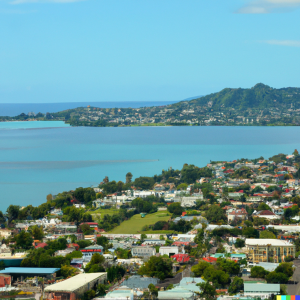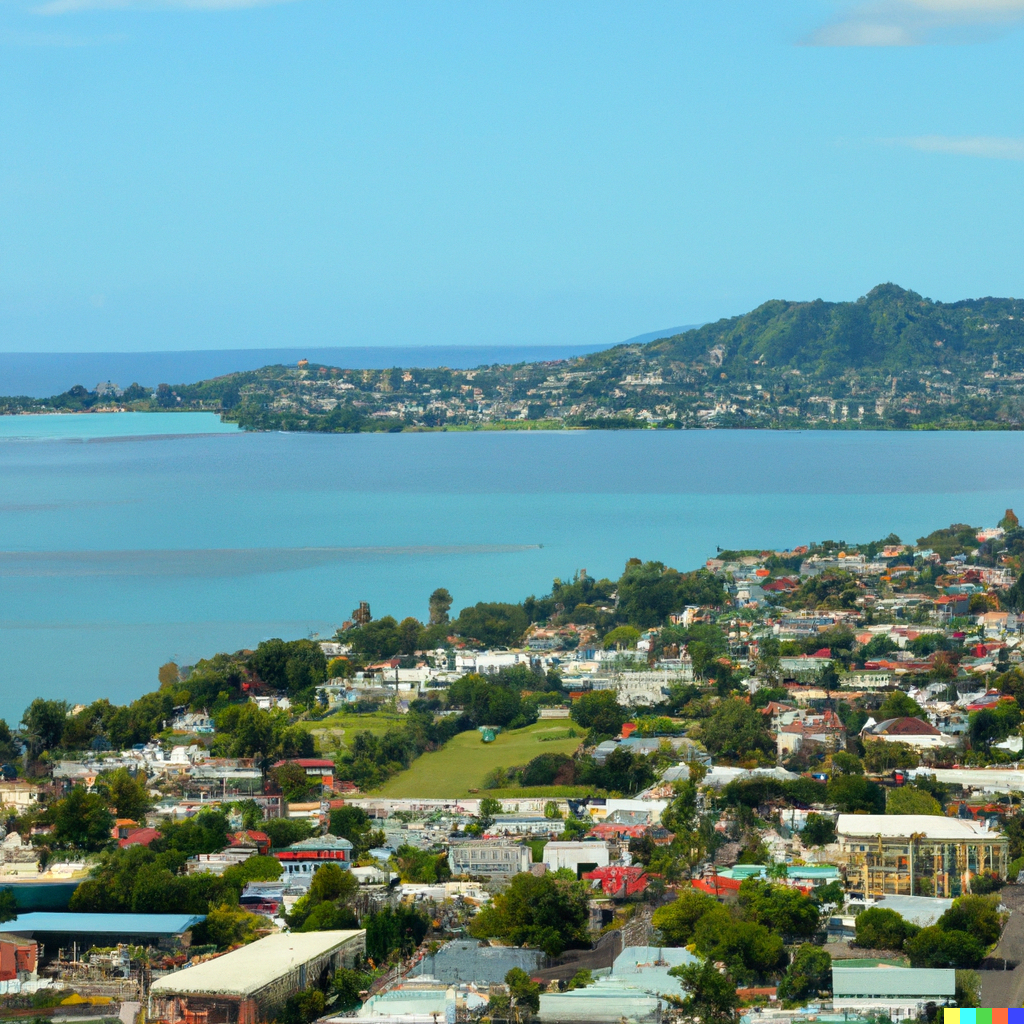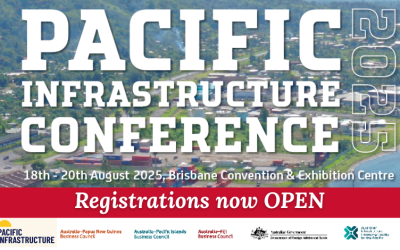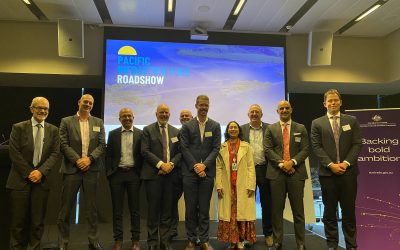Amidst the ongoing recovery from the COVID-19 pandemic, economies across the Pacific are poised for collective growth of 3.3 per cent in 2023 and 2.8 per cent in 2024, as revealed by the latest edition of the Asian Development Bank’s (ADB) Pacific Economic Monitor (PEM), released earlier this month.
 In the case of PNG, the largest economy in the region, the expansion of output beyond the resource sector is anticipated to drive economic activity. Some economies reliant on tourism, like the Cook Islands and Samoa, are set to benefit from the relaxation of pandemic-induced travel restrictions, coupled with increased public investment. While Fiji is also on a growth trajectory, competition from other tourist destinations will likely temper its pace of expansion.
In the case of PNG, the largest economy in the region, the expansion of output beyond the resource sector is anticipated to drive economic activity. Some economies reliant on tourism, like the Cook Islands and Samoa, are set to benefit from the relaxation of pandemic-induced travel restrictions, coupled with increased public investment. While Fiji is also on a growth trajectory, competition from other tourist destinations will likely temper its pace of expansion.
ADB’s Director General for the Pacific, Leah Gutierrez, noted, “The lifting of pandemic mobility restrictions has facilitated the resumption of economic activities, including tourism and the implementation of public infrastructure projects. The outlook for the Pacific is not without its challenges, given sensitivities to international commodity prices and the ongoing susceptibility to disasters. However, ADB is dedicated to collaborating closely with governments across the Pacific to mitigate these risks, restore development achievements, and foster inclusive, sustainable growth in the subregion.”
The Pacific’s short-term economic prospects remain sensitive to factors like stalled public investment projects and the uneven recovery of the crucial tourism sector, aggravated by potential long-lasting economic repercussions from the pandemic.
The recent issue of PEM delves into the pandemic’s development impact and the hurdles faced in recovery and fiscal sustainability. It analyses the Cook Islands, Fiji, and PNG in their efforts to address fiscal vulnerabilities and promote sustainable recovery. The report also examines Nauru’s debt management amid the pandemic, fuel cost issues emerging in Niue, and the economic consequences and responses to the 2023 disasters in Vanuatu. Furthermore, it provides updates on post-pandemic tourism in Samoa and Tonga, explores growth avenues for Kiribati, Solomon Islands, and Tuvalu, and outlines strategies to counter pandemic-induced social and economic setbacks in the North Pacific.
Policy briefs within the PEM spotlight significant findings from two ADB-supported reports: “Women’s Economic Empowerment in the Pacific Region” and “Finding Balance 2023: Benchmarking Performance and Building Climate Resilience in Pacific State-Owned Enterprises.” The report also highlights efforts in Solomon Islands to meet local demand for wood products as log exports declined.
The PEM serves as ADB’s biannual assessment of economic trends and policy concerns across its 14 developing member nations in the Pacific. Together with the Asian Development Outlook (ADO) series, ADB offers quarterly insights into economic shifts and policy advancements in the Pacific.
Established in 1966, ADB is committed to achieving a prosperous, inclusive, resilient, and sustainable Asia and the Pacific, while continuing its efforts to eradicate extreme poverty. With 68 members, including 49 from the region, ADB plays a crucial role in the development of the Pacific and beyond.
Read the entire report here.



